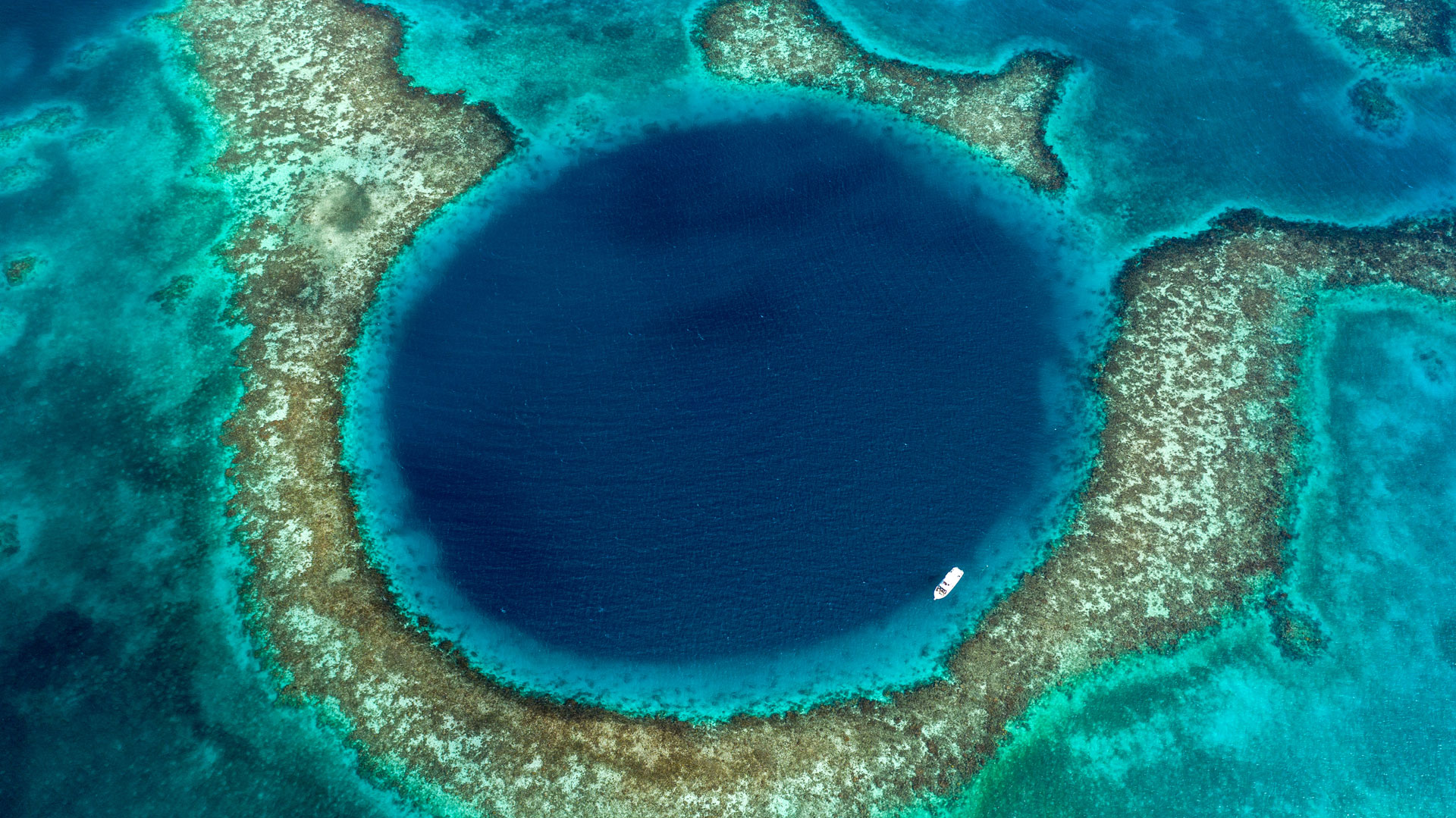On the heels of two major developments in climate and conservation policy late in 2022 — the resolution on loss and damage (L&D) at the United Nations Climate Change Conference (COP27) and the 30×30 goal at the UN Biodiversity Conference (CBD COP15) — the Caribbean finds itself in a good position to capitalise on domestic, regional, and global commitments to sustainable development.
Local action on international policies
The reason that L&D was such a monumental development is that it provides a financial mechanism where nations impacted by climate change can receive financial support to rebuild and improve their communities’ resilience — ensuring that at-risk groups have the ability to rebuild following disasters. It’s an important step toward equity in dealing with climate impacts.
Within a month of the historic L&D agreement last November, diplomats met at another key international conference to discuss the next steps in protecting global biodiversity. Headlining the agenda was the 30×30 target, aimed at protecting 30% of the planet’s natural areas by 2030.
Considering roughly just 15% of land and 8% of oceans are currently protected, the 30×30 target has easily become one of the most ambitious.
As outlined in an op-ed by Grenadian diplomat Simon Stiell — now Executive Secretary of the UN Framework Convention on Climate Change (UNFCCC) — and Minister Matthew Samuda of Jamaica, conservation has a major impact on the Caribbean’s long-term environmental goals:
This target will safeguard almost a third of our planet’s oceans and lands, including the biodiversity and critical ecosystem services they provide. More pressingly, it will provide a third of the climate mitigation needed by 2030 to ensure our planetary survival … Our Caribbean nations are only as strong as the environment they rely on … The 30×30 goal allows our nations to inject much needed resilience into our natural ecosystems to ensure that our people, culture and economies have a fighting chance in responding to climate change.
While the 30×30 target reflects greater ambition at a global scale, the Caribbean has already taken several steps towards leading this effort via its own successful independent 20×20 goal.
Bolstered by a range of projects across 26 Caribbean states, the region is set to maximise its environment and natural resources while building resilience and protecting biodiversity.
Leadership on marine conservation
“Our island states are biodiversity hotspots with high levels of endemism. Approximately half of the animal extinctions recorded in the last 400 years were island species,” said Nneka Nicolas, Legal Consultant with the Antigua & Barbuda delegation at CBD COP15.
“It is scientifically well known that the biodiversity of [small island developing states is] particularly vulnerable,” she says. “Our relatively small sizes make us particularly susceptible to the effects of biodiversity loss brought on by accelerated climate change, invasive alien species, land degradation, pollution and overexploitation.”
Effective conservation is a must for island states, and the Caribbean has been making progress protecting various parts of its ecosystems — especially marine environments.
From sustainable fisheries projects in the Eastern Caribbean to the development of innovative reef restoration modules in Antigua & Barbuda, and pushback against deepsea mining in Jamaica, the Caribbean community has moved successfully towards protecting their large exclusive economic zone. And further opportunities abound.
Experts at the World Bank see a lot of potential in the region’s ability to protect marine ecosystems and their biodiversity, and to maximise their benefits for the region to become an economic powerhouse.
Local experts agree, including The Waitt Institute’s Blue Economy Director Dr Angus Friday and the International Finance Corporation Senior Operations Officer Dr Pepukaye Bardouille, who hail from Grenada and Dominica, respectively.
The blue economy alone is expected to be worth over US$3 trillion globally by 2030, and the development of relevant conservation projects will safeguard future generations.
With the support of L&D, Caribbean nations have the opportunity to invest in their infrastructure and develop sustainable solutions.
The future of large ocean states
“The Sea that surrounds us and connects us has the potential to catapult us to an entirely new development trajectory,” noted St Vincent & the Grenadines Minister of Finance Camillo Gonsalves in 2020.
“[Eastern Caribbean] territories are roughly 90–99% ocean,” he continued. “We may be small island developing states, but we are also large ocean developing states. We are a lot bigger than we think we are. To ignore our vast seascape and its tremendous potential, is developmental malpractice.”
Gonsalves’ statement set the stage for major ongoing developments within the Caribbean. Through entities like the Organisation of Eastern Caribbean States or strong diplomats such as Barbados’ Prime Minister Mia Mottley, the region has built a future for the Caribbean predicated on conservation and resilience-building.
Ocean-based economic structures provide one of the best opportunities for securing the future, especially those that are able to integrate tourism. But these innovations require adequate funding.
While the 30×30 target will also consist of financial considerations, the Caribbean has already unveiled its own solution through sets of Blue Bonds like those created by Belize and Barbados, as well as continued public-private partnerships.
The region has continually proven to be ahead of the curve on marine policy, as well as developing local solutions to global problems. In 2023, there is every opportunity for the Caribbean’s leadership to take centre stage.
Island Innovation is a social enterprise and digital media platform at the intersection of sustainable development and communications. Learn more at islandinnovation.co


















